Tactical Physiology & Performance
Tactical Physiology & Performance
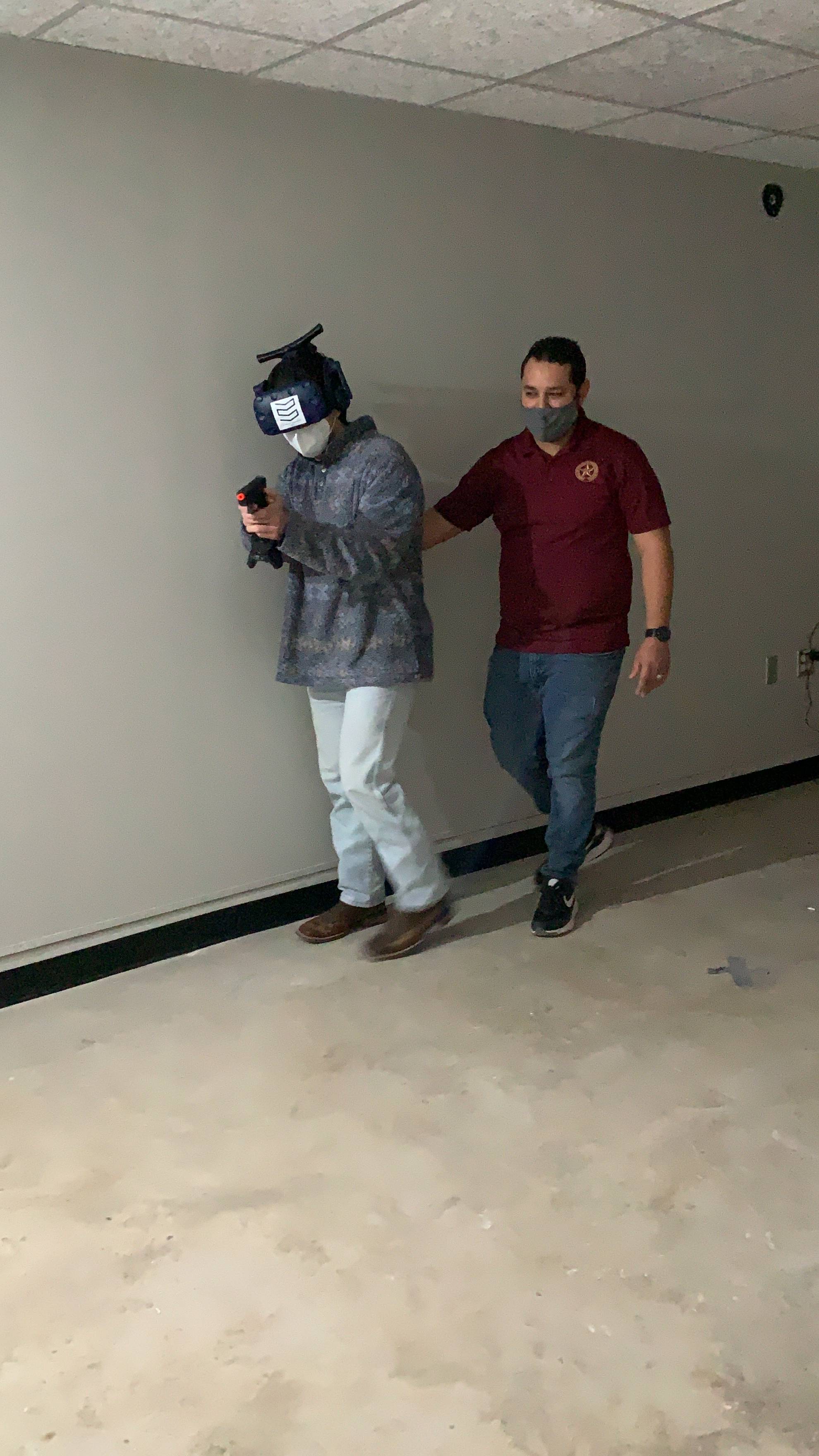 | 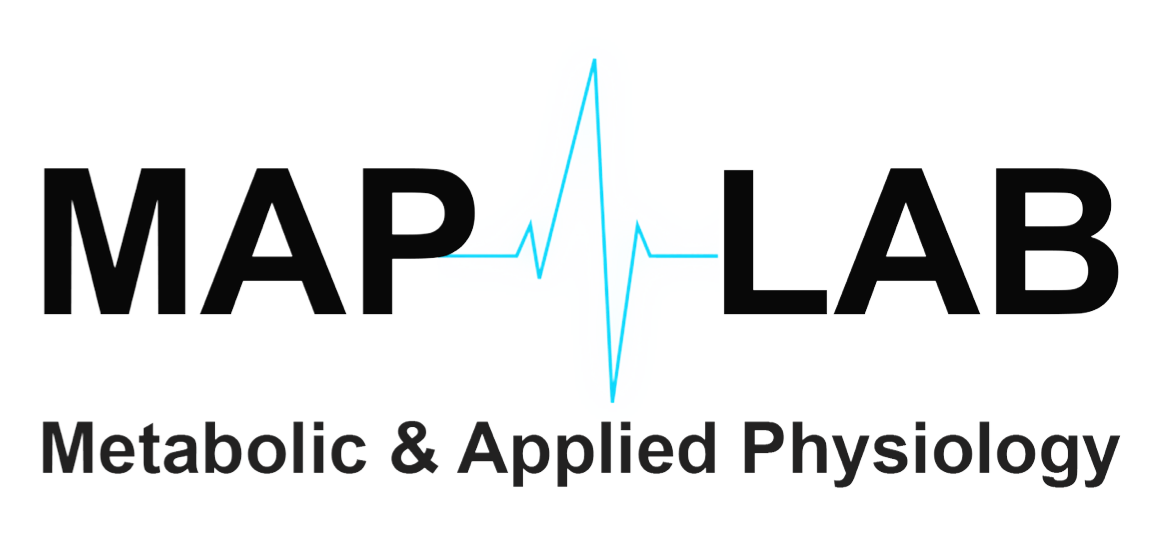 | 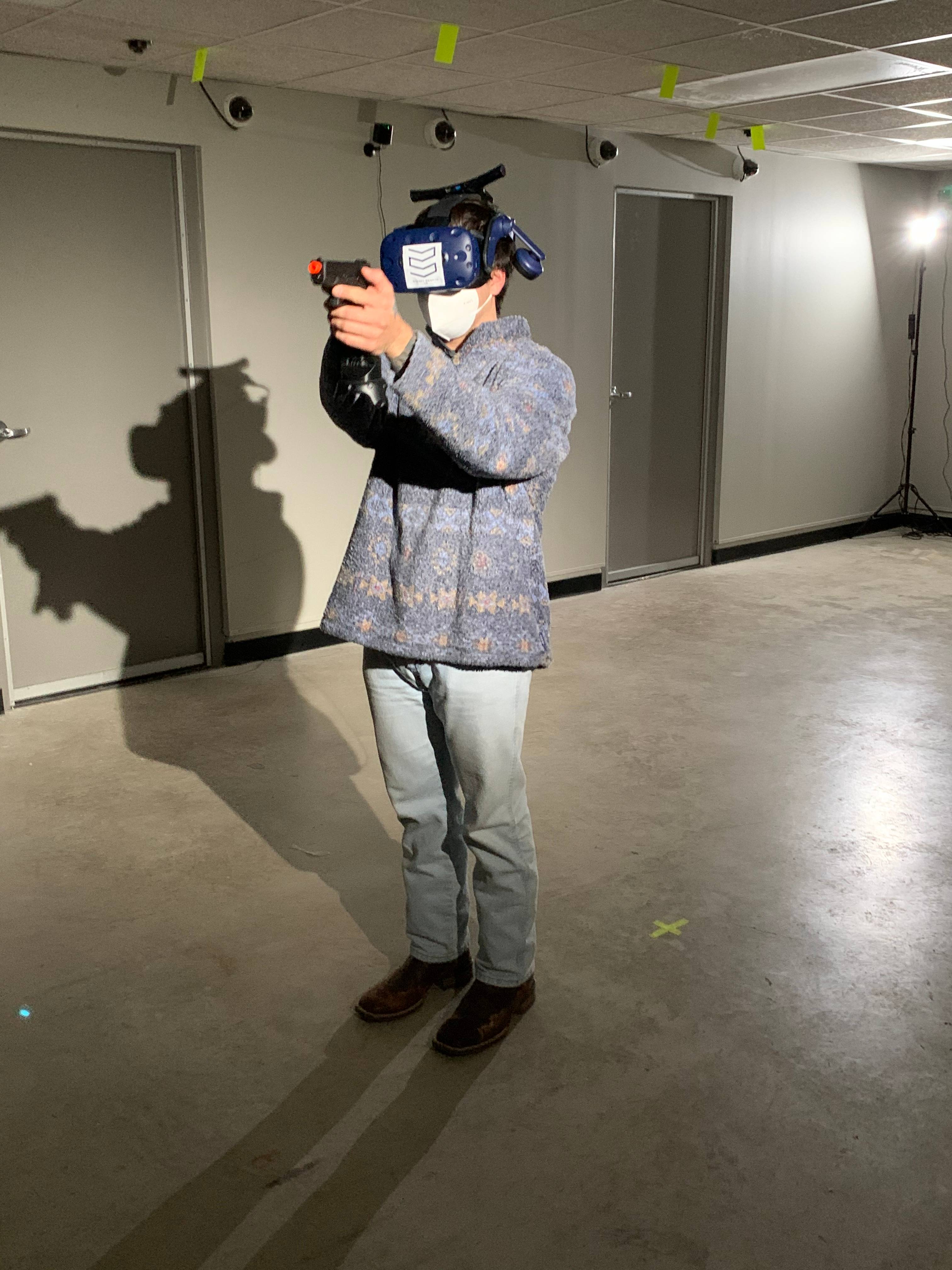 | |
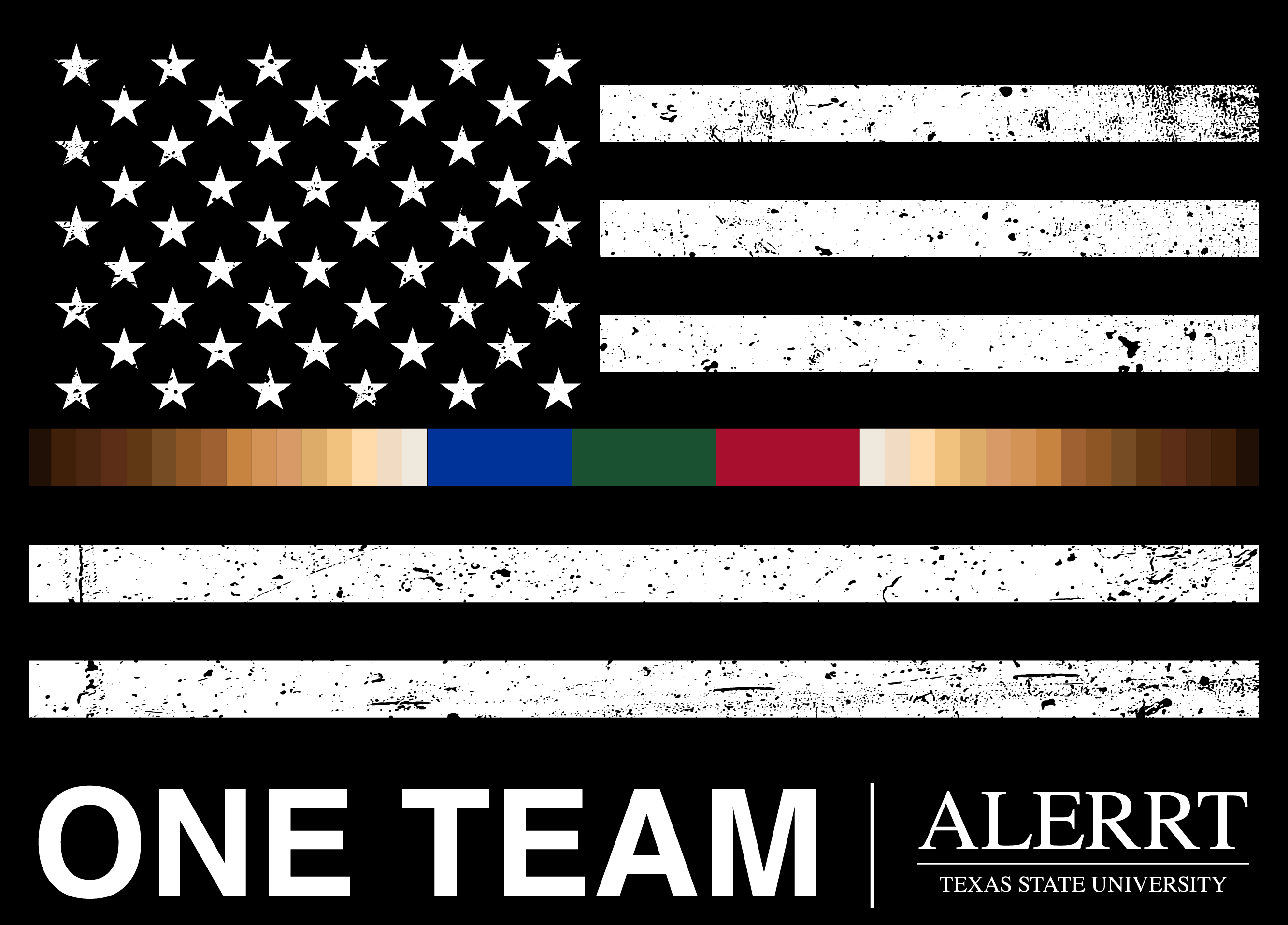 | |||
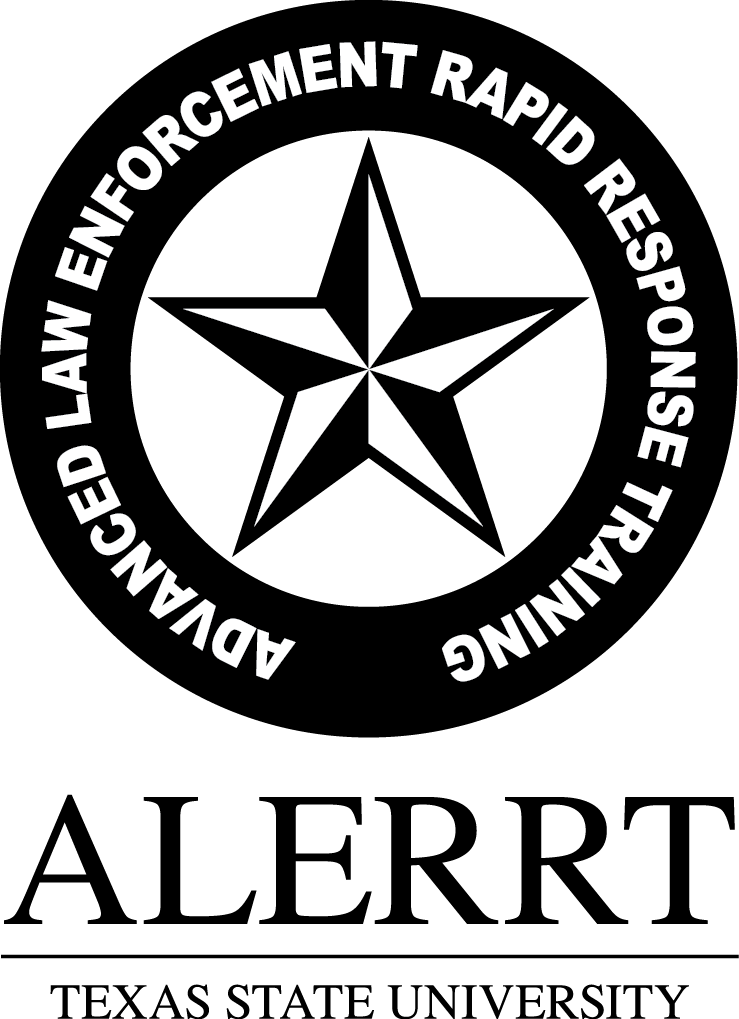 |
MAP Lab: Tactical Physiology & Performance Research
A primary focus of the work done in the MAP Lab is to study the impact of occupational stressors among high stress tactical occupations such as firefighters, law enforcement and military personnel. This line of work is done in collaboration with the ALERRT Center at Texas State University. These occupations are exposed to a variety of stressors (psychological stress, heat, smoke exposure, intense physical exertion, sleep disruption, etc.) that cause significant increases in biochemical and physiological markers of stress, inflammation and oxidative stress. Chronic exposure to these stressors can adversely impact performance and cardiometabolic health.
MAP Lab personnel typically collect physiological/biochemical data to provide insight as to the magnitude of stress induces by numerous occupational factors. This research aims to identify the impact of exercise training, nutritional interventions, and alternative modes of training such as virtual reality based training on markers of stress and performance.
Examples of some recent MAP Lab publications that have been done in this area include:
McAllister, M.J., Martaindale, M.H., Dillard, C.C., Gonzalez, D.E. (2024). Stress response to virtual reality based active shooter training: Impact of caffeine consumption. Psychoneuroendocrinology, 161, 106923. DOI: 10.1016/j.psyneuen.2023.106923.
Dillard, C.C., Martaindale, M.H., Hunter, S.D., McAllister, M.J. (2023). Slow breathing reduces biomarkers of stress in response to a virtual reality active shooter training drill. Healthcare; special issue: health, safety, and readiness of tactical populations, 11(2351). DOI: 10.3390/healthcare11162351.
Martaindale, M.H., Sandel, W., Duron, A., McAllister, M.J. (2023), Can a virtual reality training scenario elicit similar stress response as a realistic scenario-based training scenario? Police Quarterly, DOI: 10.1177/10986111231182729.
McAllister, M.J., Gonzalez, D.E., Leonard, M., Martaindale, M.H., Bloomer, R.J., Pence, J., Martin, S.E., (2023). Risk factors for cardiometabolic disease in professional firefighters. Journal of Occupational and Environmental Medicine, 65(2), 119-124.
McAllister, M.J., Gonzalez, A.E., Waldman, H.S. (2022). Impact of time restricted feeding on markers of cardiometabolic health and oxidative stress in resistance trained firefighters. Journal of Strength and Conditioning Research, 1;36(9), 2515-2522. DOI: 10.1519/JSC.0000000000003860
McAllister, M.J., Gonzalez, A.E., Waldman, H.S. (2021). Time restricted feeding reduces inflammation and cortisol response to a simulated firegrounds test in professional firefighters. Journal of Occupational and Environmental Medicine, in press. DOI: 10.1097/JOM.0000000000002169
Gonzalez, A.E., Waldman, H.S., Abel, M.G., McCurdy, K.W., McAllister, M.J. (2021). Impact of time restricted feeding on fitness variables in professional resistance trained firefighters. Journal of Occupational and Environmental Medicine, in press. DOI: 10.1097/JOM.0000000000002144
McAllister, M.J. & Martaindale, M.H. (2021). Women demonstrate lower markers of stress and oxidative stress during active shooter training drill. Comprehensive Psychoneuroendocrinology, 6(100046), 1-7. DOI: 10.1016/j.cpnec.2021.100046.
McAllister, M.J., Martaindale, M.H., Rentería, L.I. (2020). Active shooter training drill increases blood and salivary markers of stress. International Journal of Environmental Research and Public Health, Special Issue: Injury Prevention and Safety Promotion: A Physical and Cognitive Ergonomic Approach, 17: 5042; DOI: 10.3390/ijerph17145042.
Waldman, H.S., Smith, J.W., Lamberth, J., Fountain, B.J., Bloomer, R.B., Butawan, M.B., McAllister, M.J. (2020). A 28-day carbohydrate-restricted diet improves markers of cardiovascular disease in professional firefighters. Journal of Strength and Conditioning Research, 34(10): 2785-2792.